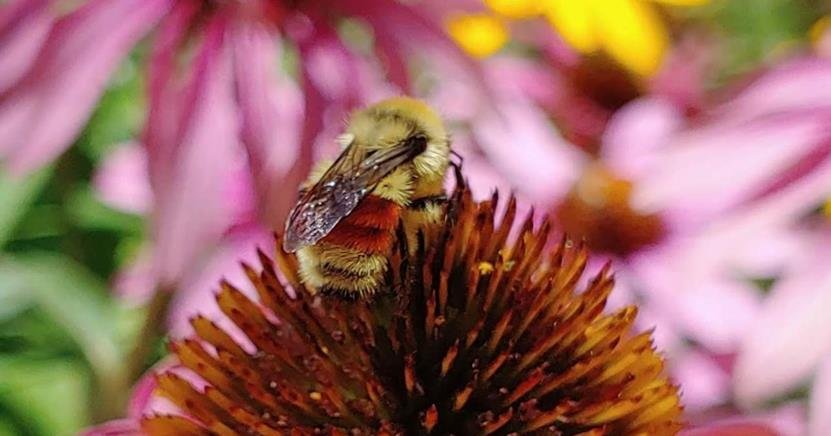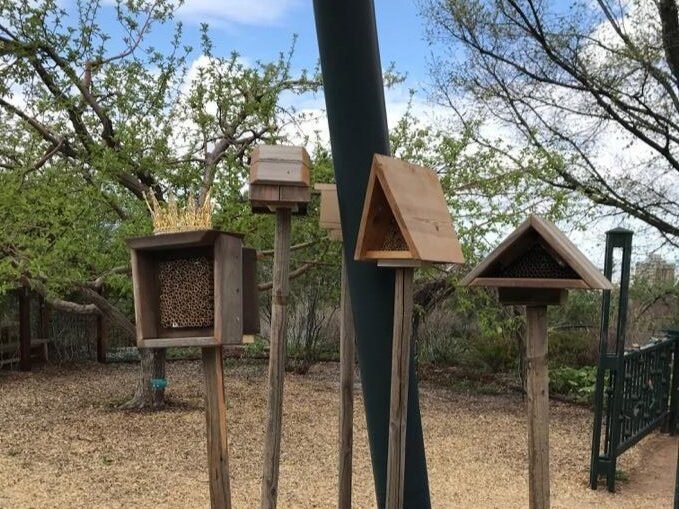
Much of life on Earth depends on pollination, making bumble bees important for the longevity of ecosystems, our economy, and human well-being.
Bumble bees play a critical role in pollination, but Western bumble bee populations are declining rapidly, with numbers currently down 41%. This drastic change is due largely to loss of habitat used for foraging, breeding, and overwintering. Associated threats include pesticide use, land development, intensive farming, warming temperatures, severe drought, and increase in fire season severity. Due to this dangerous decline of bees, more and more petitions are being filed for bumble bees to be listed as endangered under the Environmental Species Act.
That's where Utah Pollinator Pursuit comes in. We partner with the community to answer big questions about bumble bees, laying the groundwork for their future conservation.
To plan for the most effective conservation of bumble bees, scientists and decisionmakers need answers to some key questions about pollinators. That means a lot of data, and quickly—which is where community science comes in. The hard work of community scientists will help scientists discover where to prioritize habitat management, restoration, and creation, especially for species that are widespread across the state.


